
Nouakchott: The Heartbeat of Mauritania
Nouakchott, the capital city of Mauritania, is a fascinating blend of tradition and modernity. Nestled along the Atlantic coast, it serves as the country's political, economic, and cultural hub. Visitors to Nouakchott will discover a city that pulses with life and offers a unique blend of African and Arabic influences. The city is known for its vibrant markets, such as the Nouakchott Silver Market, where you can find exquisite handcrafted jewelry and traditional Mauritanian garments. The bustling Port de Pêche is another must-see, where you can watch colorful fishing boats bring in their daily catch, providing a glimpse into the local way of life. For history and culture enthusiasts, the National Museum of Mauritania offers a deep dive into the country's rich heritage, with exhibits ranging from ancient artifacts to contemporary art. The Grande Mosquée, with its stunning architecture, is another landmark that shouldn't be missed. Nature lovers can explore the nearby Banc d'Arguin National Park, a UNESCO World Heritage site known for its diverse birdlife and pristine landscapes. The city's beaches, such as Plage de Nouakchott, offer a relaxing escape with their golden sands and clear waters. Nouakchott may not be as well-known as other African capitals, but its unique charm and welcoming atmosphere make it a hidden gem worth discovering.
Local tips in Nouakchott
- Visit the Nouakchott Silver Market for unique souvenirs and local crafts.
- Spend an afternoon at Port de Pêche to see the lively fishing activities.
- Explore the National Museum of Mauritania to learn about the country's history and culture.
- Take a trip to Banc d'Arguin National Park for birdwatching and natural beauty.
- Relax at Plage de Nouakchott, a beautiful beach perfect for unwinding.
Neighbourhoods in Nouakchott
Nouakchott: The Heartbeat of Mauritania
Nouakchott, the capital city of Mauritania, is a fascinating blend of tradition and modernity. Nestled along the Atlantic coast, it serves as the country's political, economic, and cultural hub. Visitors to Nouakchott will discover a city that pulses with life and offers a unique blend of African and Arabic influences. The city is known for its vibrant markets, such as the Nouakchott Silver Market, where you can find exquisite handcrafted jewelry and traditional Mauritanian garments. The bustling Port de Pêche is another must-see, where you can watch colorful fishing boats bring in their daily catch, providing a glimpse into the local way of life. For history and culture enthusiasts, the National Museum of Mauritania offers a deep dive into the country's rich heritage, with exhibits ranging from ancient artifacts to contemporary art. The Grande Mosquée, with its stunning architecture, is another landmark that shouldn't be missed. Nature lovers can explore the nearby Banc d'Arguin National Park, a UNESCO World Heritage site known for its diverse birdlife and pristine landscapes. The city's beaches, such as Plage de Nouakchott, offer a relaxing escape with their golden sands and clear waters. Nouakchott may not be as well-known as other African capitals, but its unique charm and welcoming atmosphere make it a hidden gem worth discovering.
When is the best time to go to Nouakchott?
Iconic landmarks you can’t miss
Marche Capitale
Experience the heart of Nouakchott at Marche Capitale, where shopping meets Mauritanian culture and culinary delights.
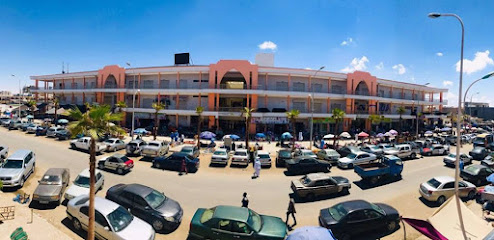
Mauritanian National Museum
Discover the cultural treasures of Mauritania at the Mauritanian National Museum, a must-visit destination for history and art enthusiasts.
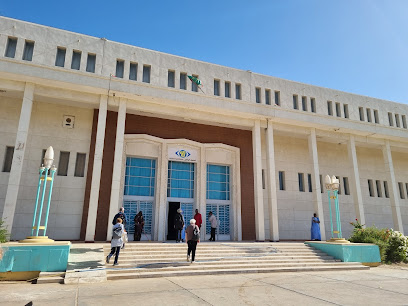
Galerie Zeinart
Discover the vibrant art scene at Galerie Zeinart in Nouakchott, showcasing contemporary Mauritanian artworks and local handicrafts.
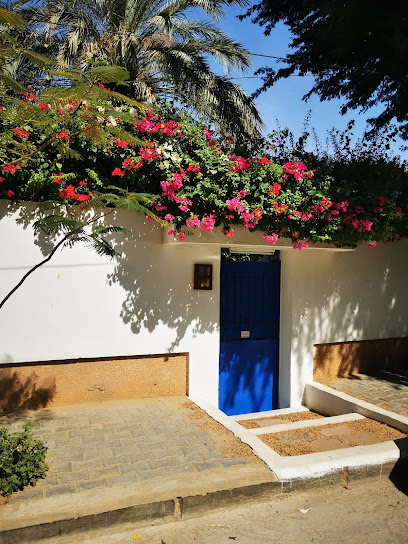
TimeForMauritania Tour Operator
Discover Mauritania's breathtaking landscapes and rich culture with TimeForMauritania, your ultimate travel guide in Nouakchott.
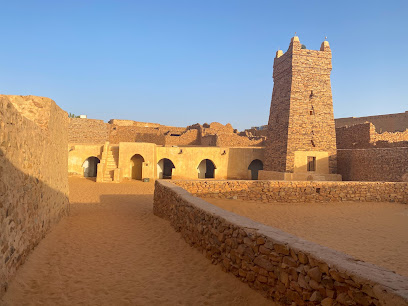
Tour in Mauritania
Discover the vibrant culture, stunning landscapes, and rich history of Nouakchott, the heart of Mauritania's tourism.
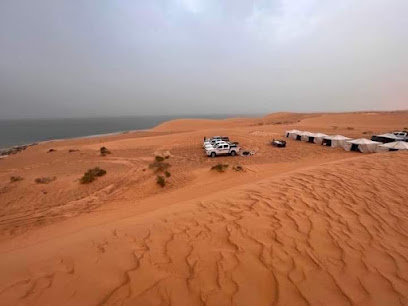
Sidi Tours Mauritania
Unleash your adventurous spirit in Nouakchott with Sidi Tours Mauritania - your gateway to unforgettable experiences in the heart of Mauritania.
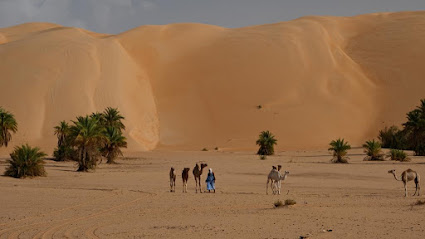
T'Ore Mauritania
Discover the beauty and culture of Mauritania with T'Ore Mauritania, your premier tour operator for unforgettable adventures in Nouakchott.
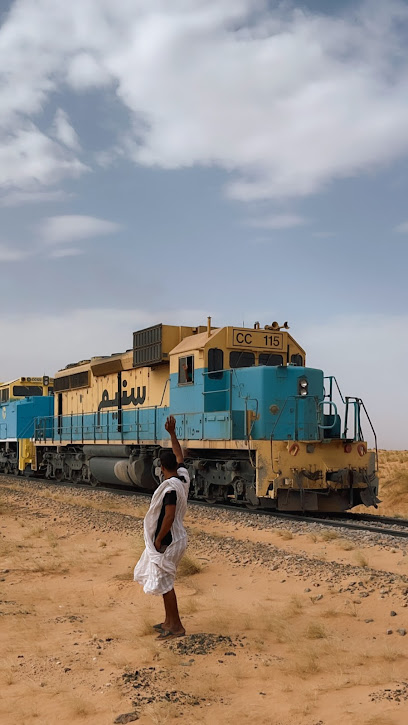
Mauritanian Best Tours
Experience the best of Mauritania with personalized tours from Mauritanian Best Tours, your trusted travel agency in Nouakchott.
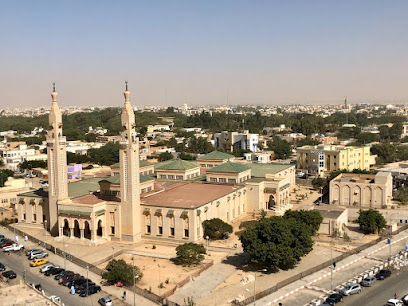
Mosquée Ould Mbouja
Discover the architectural beauty and spiritual serenity of Mosquée Ould Mbouja, an essential stop in Nouakchott, Mauritania.
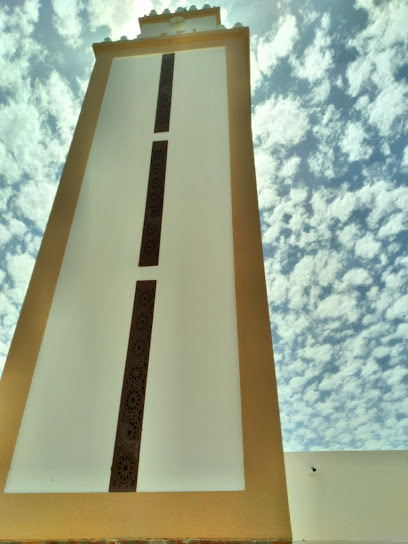
موريتانيا
Experience the essence of Mauritania in a cozy homestay in Nouakchott, blending comfort with cultural immersion for an unforgettable journey.
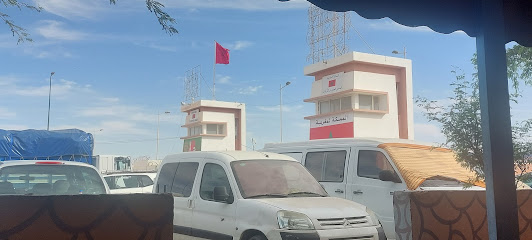
Mosque Ould Abas
Explore the architectural beauty and serene atmosphere of Mosque Ould Abas, a cultural gem in the heart of Nouakchott, Mauritania.
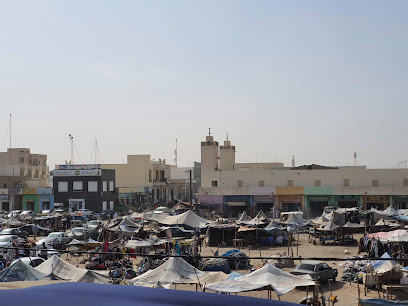
Mosquée Marocaine
Discover the serene beauty and cultural significance of Mosquée Marocaine, a must-visit mosque in Nouakchott, Mauritania.
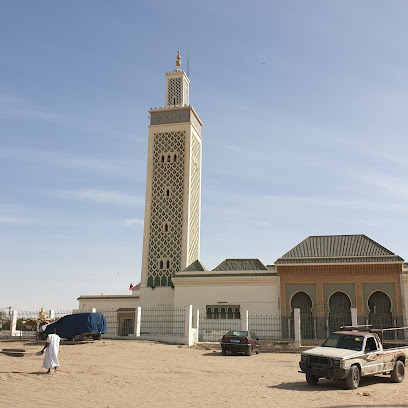
Unmissable attractions to see
Olympic Stadium
Discover Nouakchott's Olympic Stadium – a vibrant hub for sports and culture, where the spirit of Mauritania comes alive through thrilling events and local celebrations.
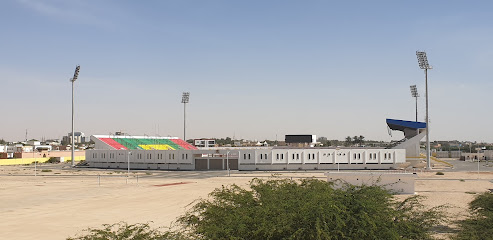
Galerie Zeinart
Explore the creative spirit of Mauritania at Galerie Zeinart - a premier destination for art lovers in Nouakchott, showcasing local talent and unique handicrafts.
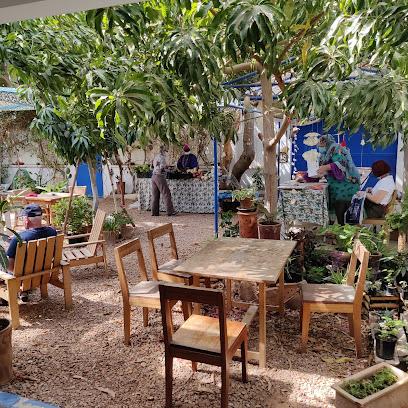
Sultan Beach شاطئ سلطان
Experience the tranquil beauty of Sultan Beach in Nouakchott, Mauritania, where golden sands meet the Atlantic Ocean and local flavors come alive.
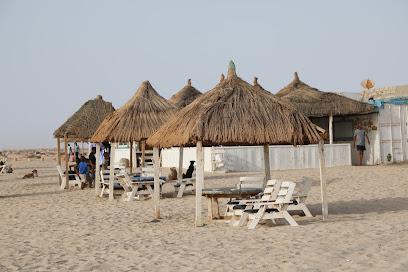
PLAY GROUND PARK
Discover the joy of family fun at Play Ground Park, Nouakchott's premier amusement park, featuring thrilling rides and delightful attractions for all ages.
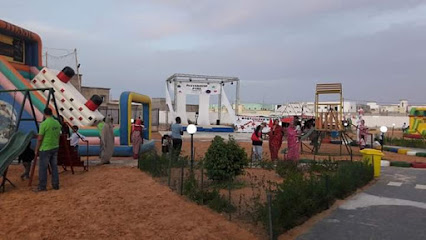
Park Chahrazad
Experience the joy and excitement of Park Chahrazad, Nouakchott's premier amusement park, perfect for families and thrill-seekers alike.
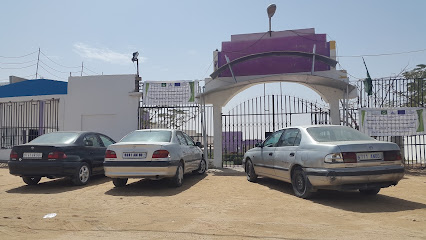
Parc de la liberté
Explore the serene beauty of Parc de la Liberté in Nouakchott, Mauritania – a perfect blend of nature, culture, and relaxation.
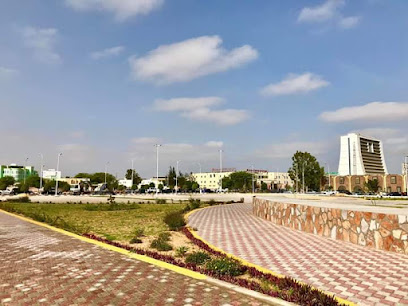
اعليب شغالي
Explore Ailab Shaghali in Jreida, Mauritania, where breathtaking landscapes meet vibrant culture for an unforgettable travel experience.
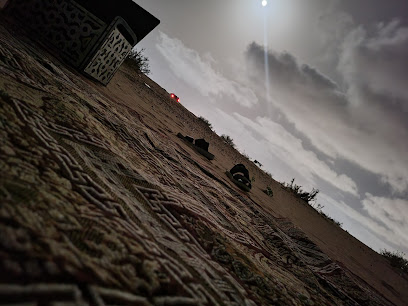
İskele Dock
Experience the vibrant maritime culture at İskelet Dock in Nouakchott, where local life and stunning ocean views await.
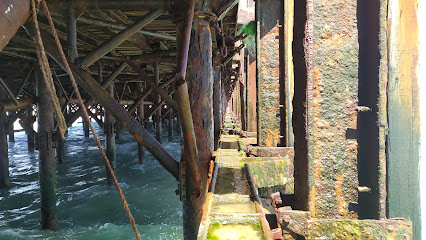
SAHARA KIDS PARK
Discover fun and adventure for your little ones at Sahara Kids Park, a family-friendly amusement center in Nouakchott, Mauritania.
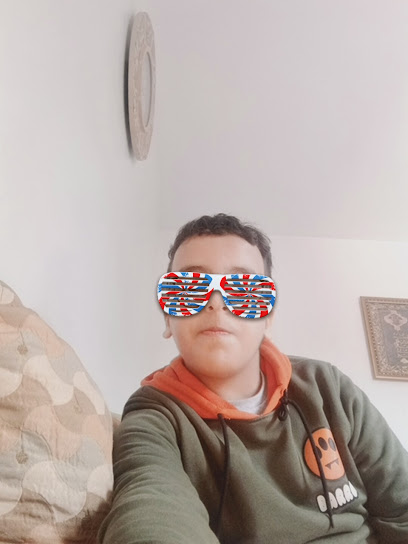
Tiguend Nkhal
Explore Tiguend Nkhal, a serene tourist attraction in Nouakchott, Mauritania, where stunning landscapes and rich culture await your discovery.
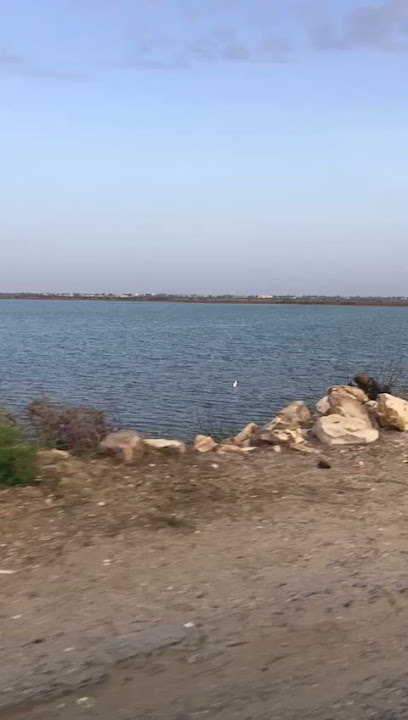
Aqua Parc Club
Dive into excitement at Aqua Parc Club, Nouakchott's premier water park, offering fun and relaxation for the whole family in a vibrant oasis.
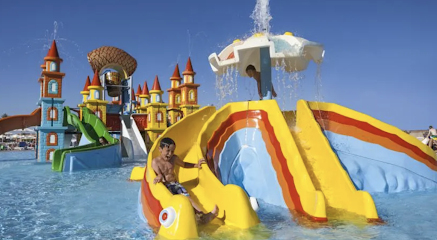
Essential places to dine
مطعم بالاسيو Palacio
Experience authentic Mauritanian flavors at مطعم بالاسيو Palacio in Nouakchott - where culinary tradition meets modern comfort.
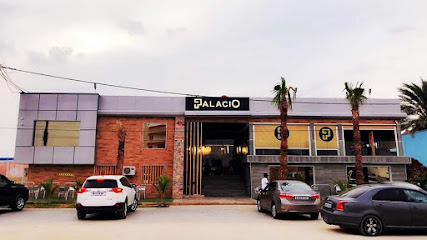
مطعم تفاريت
Experience authentic Mauritanian flavors at مطعم تفاريت - a culinary gem in Nouakchott offering diverse traditional dishes.
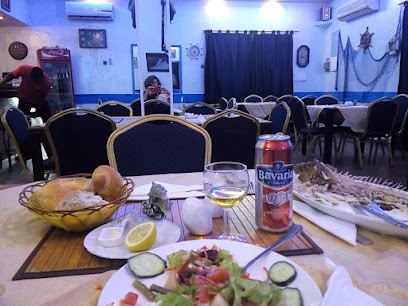
Timeless
Discover Timeless: A delightful restaurant in Nouakchott offering a fusion of local flavors and international cuisine in a warm atmosphere.
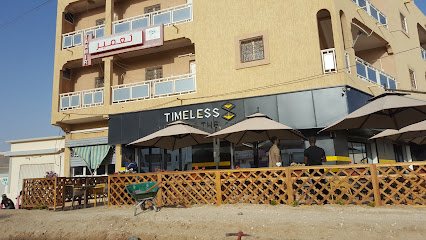
مطعم فنتازيا
Experience culinary magic at Restaurant Fantasia in Nouakchott – where local flavors meet global tastes.
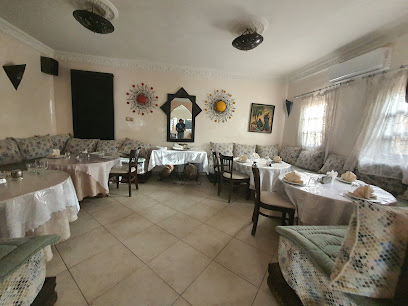
O Délice
Experience the vibrant flavors of Mauritania at O Délice, where gourmet burgers meet authentic tacos in a welcoming atmosphere.
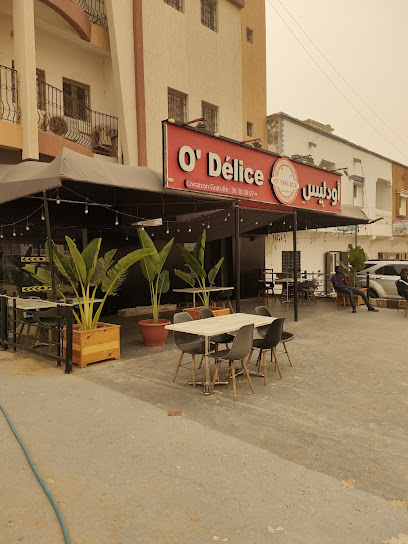
Appetizer
Experience authentic Mauritanian cuisine at Appetizer in Nouakchott - where vibrant flavors meet warm hospitality.
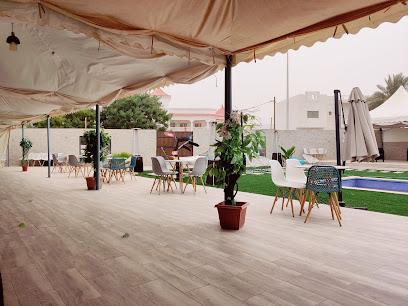
SMASH FOOD
Experience the vibrant flavors of Mauritania at SMASH FOOD in Nouakchott - a culinary gem offering delicious local and international dishes.
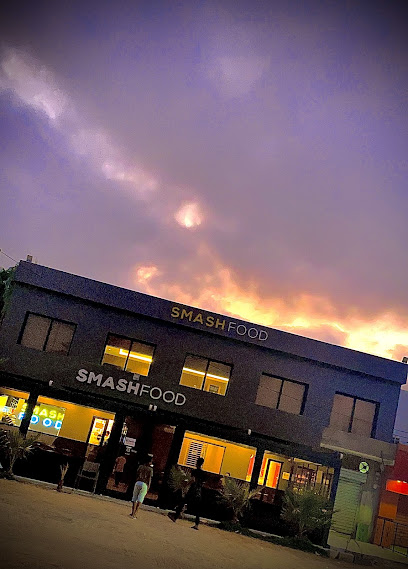
Le Manara
Experience culinary delight at Le Manara in Nouakchott – where local flavors meet international cuisine in a vibrant setting.
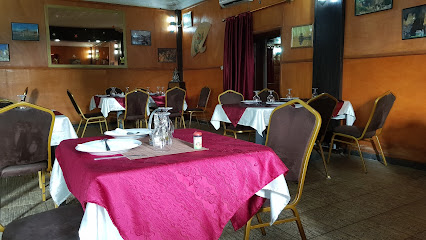
Le Maquis Restaurant
Discover authentic Mauritanian cuisine at Le Maquis Restaurant in Nouakchott – where flavor meets tradition in a cozy atmosphere.
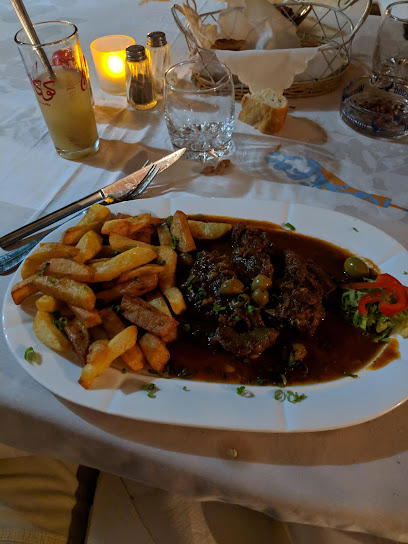
Arena café
Discover the delightful flavors of Mauritania at Arena Café – where every meal is a celebration of culture and taste.
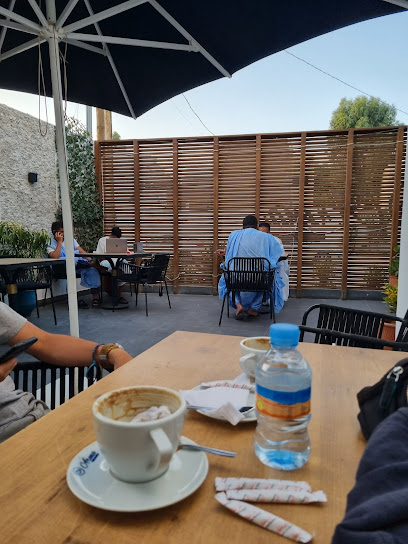
Restaurant LE COLIBRI
Experience the flavors of Mauritania at Restaurant LE COLIBRI - a culinary gem in Nouakchott offering authentic dishes and warm hospitality.
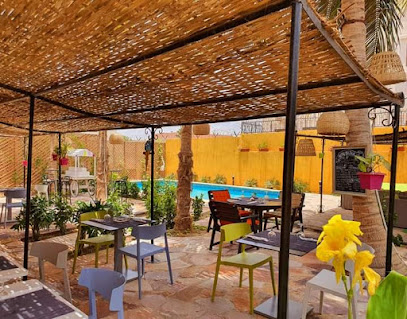
A Casa Portuguesa
Discover authentic Portuguese flavors at A Casa Portuguesa in Nouakchott - where every dish tells a story.
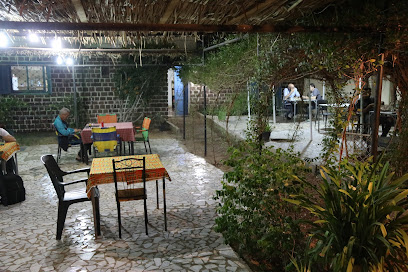
Saveurs D'Italie
Discover authentic Italian cuisine at Saveurs D'Italie in Nouakchott – where every dish tells a story of tradition and flavor.
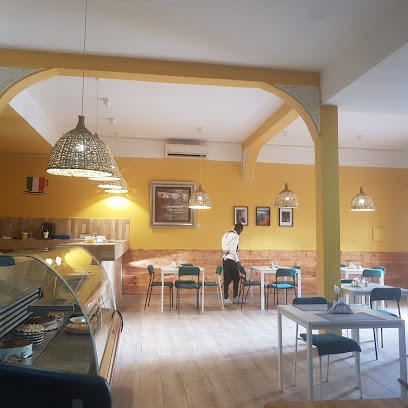
مطعم حضرموت
Discover authentic Yemeni flavors at مطعم حضرموت in Nouakchott - a must-visit culinary destination for every traveler.
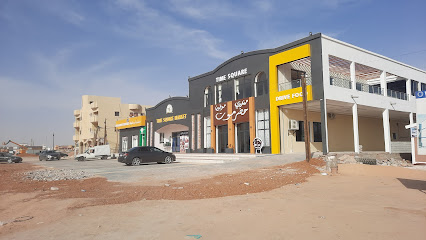
My Pizza
Experience authentic Italian flavors at My Pizza in Nouakchott – where every slice tells a delicious story.
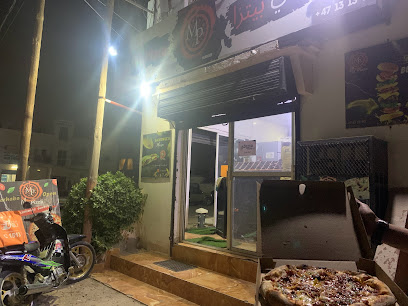
Markets, malls and hidden boutiques
DISC SHOP
Explore diverse shopping experiences at DISC SHOP, Nouakchott's premier shopping destination blending local culture with modern retail.
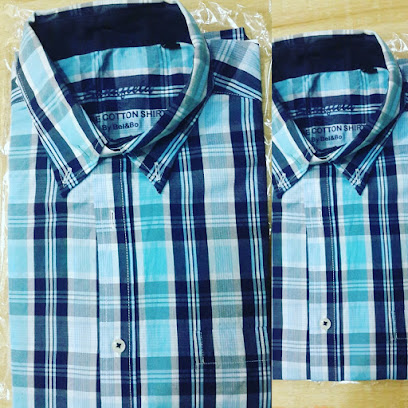
PARFOIS
Explore fashion at PARFOIS, Nouakchott's premier women's clothing store, offering trendy styles and chic accessories for every occasion.
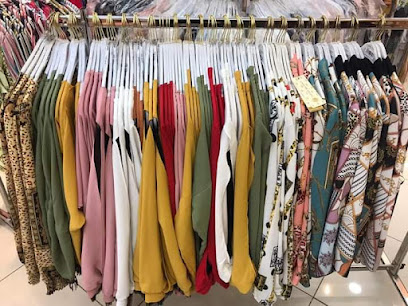
Eskale store
Explore the exquisite Eskale Store in Nouakchott, where luxury timepieces meet exceptional craftsmanship and style.
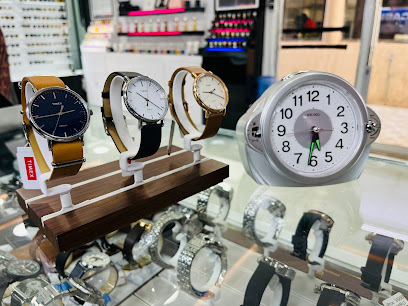
MARCHE TURC
Discover diverse fashion at Marche Turc, the ultimate clothing store in Nouakchott offering unique styles and local flair for every shopper.
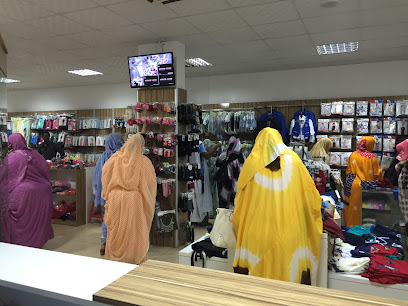
بوتيك الصيدات
Explore Boutique Al-Saydat in Nouakchott for a unique selection of local and contemporary fashion, perfect for stylish souvenirs.
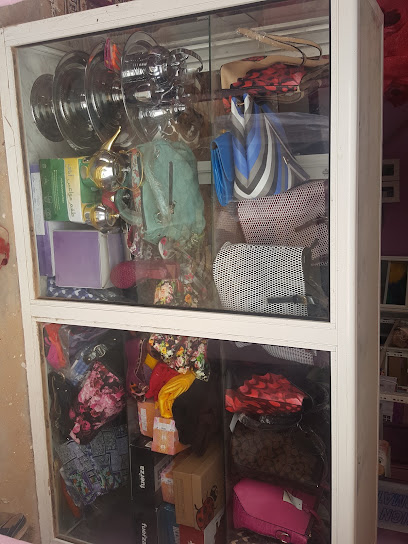
Snow white
Discover unique women's fashion at Snow White in Nouakchott, where style meets the spirit of Mauritania.
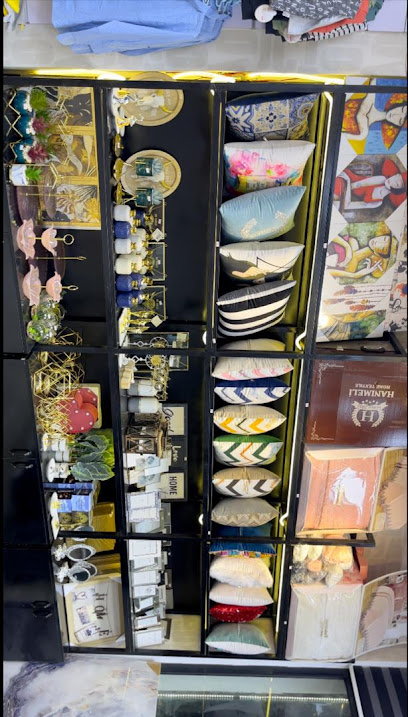
Divine Nouakchott
Explore the fashion treasures of Mauritania at Divine Nouakchott, where tradition meets modern style in a vibrant shopping atmosphere.
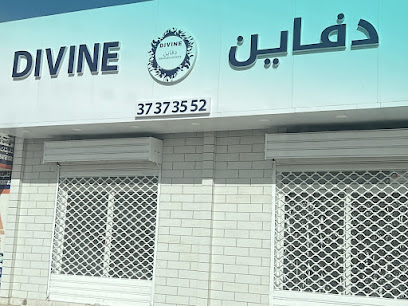
تنويش
Experience the vibrant culture and unique shopping at تنويش, a must-visit store in the heart of Nouakchott, Mauritania.
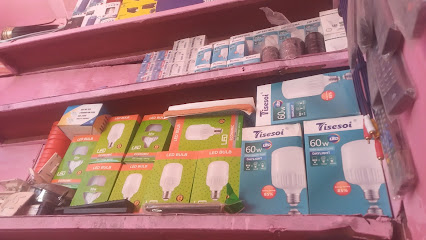
Voursa shop 41009272
Discover vibrant Mauritanian fashion at Voursa Shop in Nouakchott - where culture meets contemporary style.
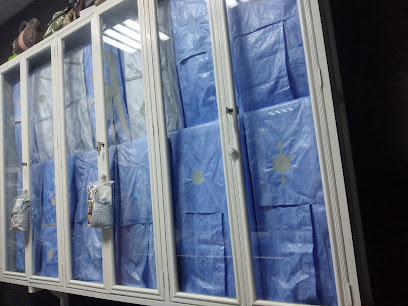
Shopinrim
Discover unique fashion accessories that blend local Mauritanian culture with contemporary styles at Shopinrim in Nouakchott.
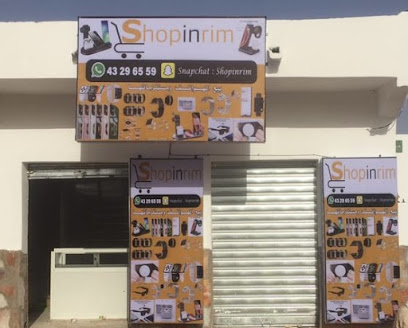
LC Waikiki Mauritania
Explore the vibrant fashion scene at LC Waikiki in Nouakchott, where stylish clothing meets affordability for the whole family.

Nezilou
Explore Nezilou, Nouakchott’s chic destination for women's clothing and exquisite perfumes, blending local style with contemporary fashion.
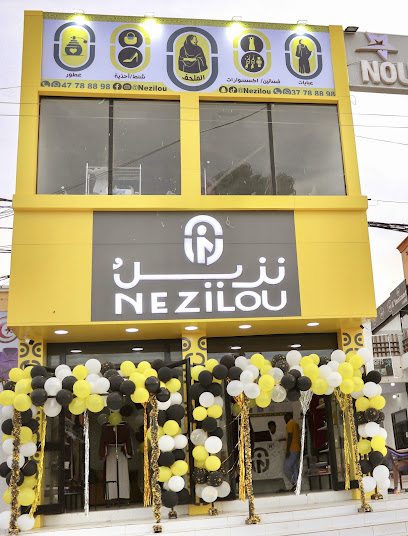
Le bon coin
Explore Le Bon Coin in Nouakchott – your go-to shop for trendy shoes and outdoor gear that blend style and practicality for every traveler.
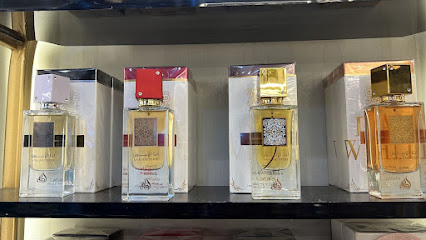
Turkye boutique
Explore the vibrant styles of Turkye Boutique in Nouakchott, where traditional Mauritanian fashion meets modern trends for unforgettable shopping.
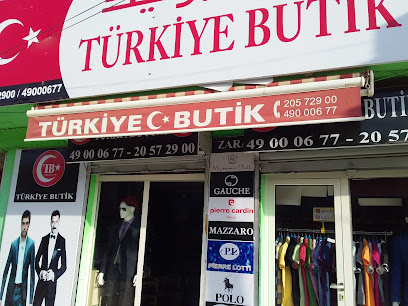
Manal Store متجر منال
Discover local fashion treasures at Manal Store in Nouakchott, Mauritania, where vibrant styles meet rich cultural heritage.
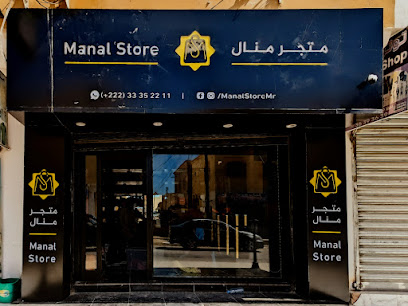
Essential bars & hidden hideouts
Tunisie Café 1
Discover the authentic taste of Tunisia at Tunisie Café 1 in Nouakchott, where vibrant flavors meet warm hospitality.
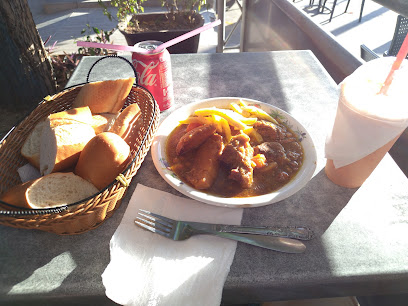
قاعة نجوم ليل
Experience the vibrant nightlife at قاعة نجوم ليل in Nouakchott, where locals and tourists connect over drinks and live music.

مسمكة السلام
Experience the Essence of Mauritania at Masmaka Al-Salam - A Cozy Bar in the Heart of Nouakchott, Perfect for Relaxation and Socializing.
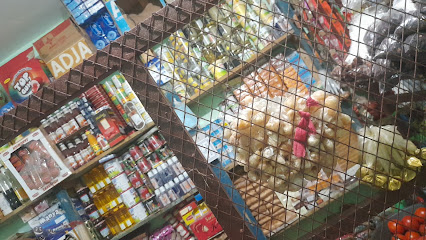
Restaurante Café de flore
Experience the rich flavors of Mauritania at Café de Flore, a cozy grill restaurant in Nouakchott, perfect for an authentic culinary adventure.
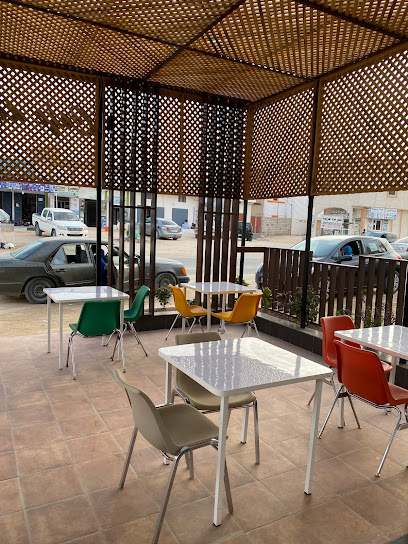
Doko
Discover the vibrant atmosphere of Doko, a must-visit bar in Nouakchott, Mauritania, where local charm meets international flavors.

Ehl hamma ould h'jour
Discover the vibrant nightlife of Nouakchott at Ehl hamma ould h'jour, a bar that blends local culture with a lively atmosphere.
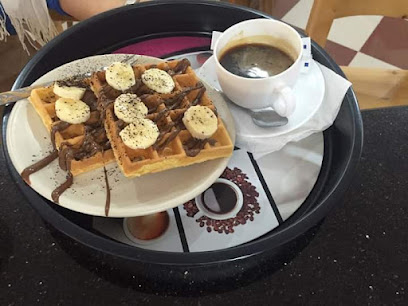
پاکستان ہوٹل
Discover the vibrant nightlife at پاکستان ہوٹل, a lively bar in نواكشوط offering unique local and international drinks.

Juice House
Experience the vibrant atmosphere of Juice House in Nouakchott, where fresh juices and friendly faces await you.
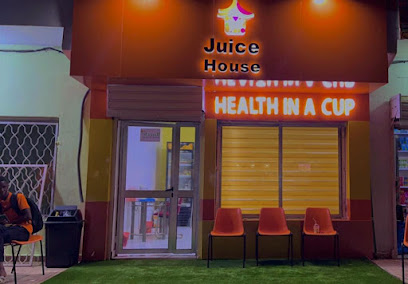
Chez Bathia Sy Aluminium Guidimakha
Discover the vibrant local culture at Chez Bathia Sy Aluminium, a must-visit bar in the heart of Nouakchott, Mauritania.

Restaurant tonight
Discover the lively bar scene in Nouakchott, where locals and travelers unite over drinks in a vibrant atmosphere filled with culture and camaraderie.

Carrefour Bonne Santé
Discover the lively atmosphere of Carrefour Bonne Santé, a pub in Nouakchott, Mauritania, where local culture and nightlife blend seamlessly.

LAVAZZA
Experience the vibrant flavors of Mauritania at LAVAZZA, a grill restaurant in Nouakchott offering authentic local dishes.
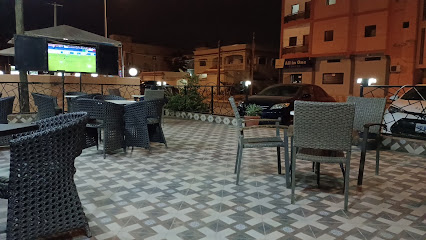
ديسق
Discover the vibrant nightlife of Nouakchott at Dissq, a charming bar that brings locals and tourists together in a lively atmosphere.

Aristide
Experience the vibrant nightlife of Nouakchott at Aristide, the perfect bar for tourists to unwind with local and international drinks.

Local Phrases
-
- Helloالسلام عليكم
[as-salamu alaykum] - Goodbyeوداعا
[wadaeana] - Yesنعم
[naam] - Noلا
[laa] - Please/You're welcomeمن فضلك
[min fadlik] - Thank youشكرا
[shukran] - Excuse me/Sorryآسف
[aasif] - How are you?كيف حالك؟
[kayfa haluk?] - Fine. And you?بخير. وأنت؟
[bikhayr. wa'ant?] - Do you speak English?هل تتحدث الإنجليزية؟
[hal tatahadath al'iinglizia?] - I don't understandلا أفهم
[laa afham]
- Helloالسلام عليكم
-
- I'd like to see the menu, pleaseأرغب في رؤية القائمة، من فضلك
[urghib fi ru'iyat alqa'imah, min fadlik] - I don't eat meatأنا لا آكل اللحم
[ana la aakul allahm] - Cheers!في صحتك!
[fi sahtik!] - I would like to pay, pleaseأود أن أدفع، من فضلك
[awad 'an adfa', min fadlik]
- I'd like to see the menu, pleaseأرغب في رؤية القائمة، من فضلك
-
- Help!النجدة!
[alnajdah!] - Go away!انصرف!
[ansarif!] - Call the Police!اتصل بالشرطة!
[iitasil bialshurta!] - Call a doctor!اتصل بالطبيب!
[iitasil bialtabib!] - I'm lostلقد ضللت الطريق
[laqad dalalt altaariq] - I'm illأنا مريض
[ana mareed]
- Help!النجدة!
-
- I'd like to buy...أود شراء...
[awad shar'a...] - I'm just lookingأنا فقط أتفرج
[ana faqat atfarij] - How much is it?كم ثمنها؟
[kam thamanaha?] - That's too expensiveهذا غالي جدا
[hatha ghali jiddan] - Can you lower the price?هل يمكنك خفض السعر؟
[hal yumkinuk khafd alsaeer?]
- I'd like to buy...أود شراء...
-
- What time is it?كم الساعة؟
[kam alsa'ah?] - It's one o'clockالساعة الواحدة
[alsa'at alwahidah] - Half past (10)الساعة العاشرة والنصف
[alsa'at al'ashirah walnisf] - Morningالصباح
[alsabah] - Afternoonالمساء
[almasa'] - Eveningالليل
[allayl] - Yesterdayأمس
[ams] - Todayاليوم
[alyawm] - Tomorrowغدا
[ghadan] - 1واحد
[wahid] - 2اثنين
[ithnayn] - 3ثلاثة
[thalatha] - 4أربعة
[arba'a] - 5خمسة
[khamsa] - 6ستة
[sitta] - 7سبعة
[sab'a] - 8ثمانية
[thamaniya] - 9تسعة
[tis'a] - 10عشرة
[asharah]
- What time is it?كم الساعة؟
-
- Where's a/the...?أين...
[ayn...] - What's the address?ما هو العنوان؟
[ma huwa al'anaan?] - Can you show me (on the map)?هل يمكنك أن تريني (على الخريطة)؟
[hal yumkinuk an tureeni (ala alkharitah)?] - When's the next (bus)?متى يأتي الحافلة القادمة؟
[mata yaati alhaafilat alqaadimah?] - A ticket (to ....)تذكرة (إلى...)
[tadhkirah (ila...)]
- Where's a/the...?أين...
History of Nouakchott
-
Nouakchott, the capital and largest city of Mauritania, was initially a small fishing village. The name 'Nouakchott' is derived from the Berber words 'Nawākšūṭ,' meaning 'place of winds' or 'place of the camel.' Although it was a modest settlement, its strategic location along the Atlantic coast made it significant even in its early days.
-
During the colonial period, Nouakchott was part of French West Africa. The French administration established several administrative outposts, but the region remained relatively underdeveloped. The colonial authorities did not foresee Nouakchott's future importance and focused their efforts on other parts of Mauritania.
-
Mauritania gained independence from France on November 28, 1960. In a strategic move, President Moktar Ould Daddah decided to develop Nouakchott as the new capital of the nascent nation. The city was chosen for its central location and relatively low population density, which provided a blank slate for development.
-
The 1970s and 1980s saw rapid urbanization in Nouakchott. Rural-to-urban migration surged as people sought better economic opportunities and fled from drought-stricken areas. The city's infrastructure struggled to keep pace with the influx, leading to informal settlements and strain on public services.
-
In the late 20th and early 21st centuries, Nouakchott experienced economic growth driven by the fishing industry, mining, and oil exploration. The Port of Nouakchott became a significant hub for trade, further bolstering the city's economic standing. Modern buildings and infrastructure projects began to spring up, transforming the cityscape.
-
Nouakchott is not only the political and economic center of Mauritania but also a cultural hub. The city hosts numerous festivals, such as the Nouakchott International Film Festival and the Festival of Ancient Cities, celebrating the rich heritage and diversity of Mauritanian culture. The National Museum of Mauritania in Nouakchott showcases artifacts from the country's history, providing a glimpse into its past.
-
Despite its growth and development, Nouakchott faces several challenges, including environmental issues like desertification and flooding. The city is also grappling with social and economic disparities. Nonetheless, the resilience of its inhabitants and ongoing government efforts aim to address these challenges and ensure sustainable development.
Nouakchott Essentials
-
Nouakchott is serviced by Nouakchott–Oumtounsy International Airport (NKC), which is approximately 30 kilometers from the city center. The airport receives flights from major cities in Europe, Africa, and the Middle East. From the airport, you can take a taxi or arrange for a hotel shuttle to get to the city. Alternatively, long-distance buses and shared taxis are available if you're arriving from other parts of Mauritania or neighboring countries.
-
Within Nouakchott, the primary modes of transportation are taxis and buses. Taxis are relatively inexpensive and can be hailed from the street or booked via phone. Public buses are also available, though they can be crowded and schedules may be erratic. Car rentals are another option, although driving can be challenging due to local traffic conditions and road quality. It's advisable to use taxis or hire a driver if you're unfamiliar with the area.
-
The official currency of Mauritania is the Mauritanian Ouguiya (MRU). Credit cards are accepted in some hotels and upscale restaurants, but cash is preferred, especially in smaller establishments and markets. ATMs are available in Nouakchott, but it's wise to carry sufficient cash, particularly when traveling to more remote areas. Exchange rates can fluctuate, so it's a good idea to check the current rate before exchanging money.
-
Nouakchott is generally safe for tourists, but it's important to take standard precautions. Avoid walking alone at night in unfamiliar areas and be cautious in crowded places where pickpocketing can occur. Some neighbourhoods to be cautious in include El Mina and Sebkha, which have higher crime rates. Always keep an eye on your belongings and stay aware of your surroundings. It's advisable to register with your embassy upon arrival.
-
In case of emergency, dial 117 for police assistance and 118 for medical emergencies. Nouakchott has several hospitals and clinics, but the quality of care can vary. It's advisable to have travel insurance that covers medical emergencies. Pharmacies are available for minor health issues, and many pharmacists speak French. For serious issues, evacuation to a country with more advanced medical facilities may be necessary.
-
Fashion: Do dress modestly, as Mauritania is a predominantly Muslim country. Men should avoid wearing shorts, and women should wear long skirts or pants and cover their shoulders. Religion: Do respect local customs and traditions. During prayer times, avoid loud noises and be respectful of people praying. Public Transport: Do be patient, as public transport can be crowded. Don’t eat or drink on public transport. Greetings: Do greet people with a friendly 'As-salamu alaykum' (peace be upon you). Don’t be offended if people don’t shake hands with the opposite sex, as it may be culturally inappropriate. Eating & Drinking: Do try local dishes like thieboudienne (fish and rice) and mechoui (roast lamb). Don’t eat with your left hand, as it is considered unclean.
-
To experience Nouakchott like a local, visit the bustling Central Market (Marché Capitale) where you can buy fresh produce, textiles, and traditional crafts. Engage with locals who are generally friendly and eager to share their culture. Don’t miss a visit to the Port de Pêche, where you can see colorful fishing boats and buy fresh seafood. For a unique cultural experience, attend a traditional music performance, often held in local cafes and cultural centers.
Nearby Cities to Nouakchott
-
Things To Do in Saint-Louis
-
Things To Do in Thiès
-
Things To Do in Dakar
-
Things To Do in Mbour
-
Things To Do in Kaolack
-
Things To Do in Farafenni
-
Things To Do in Bakau
-
Things To Do in Soma
-
Things To Do in Banjul
-
Things To Do in Janjanbureh
-
Things To Do in Serekunda
-
Things To Do in Serrekunda
-
Things To Do in Lamin
-
Things To Do in Brikama
-
Things To Do in Gunjur














